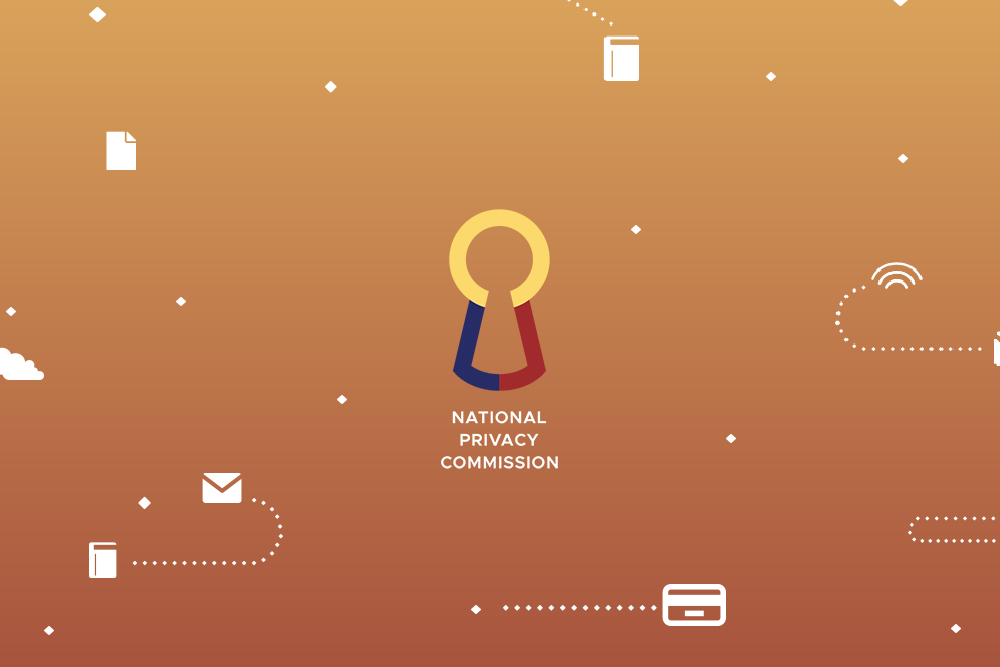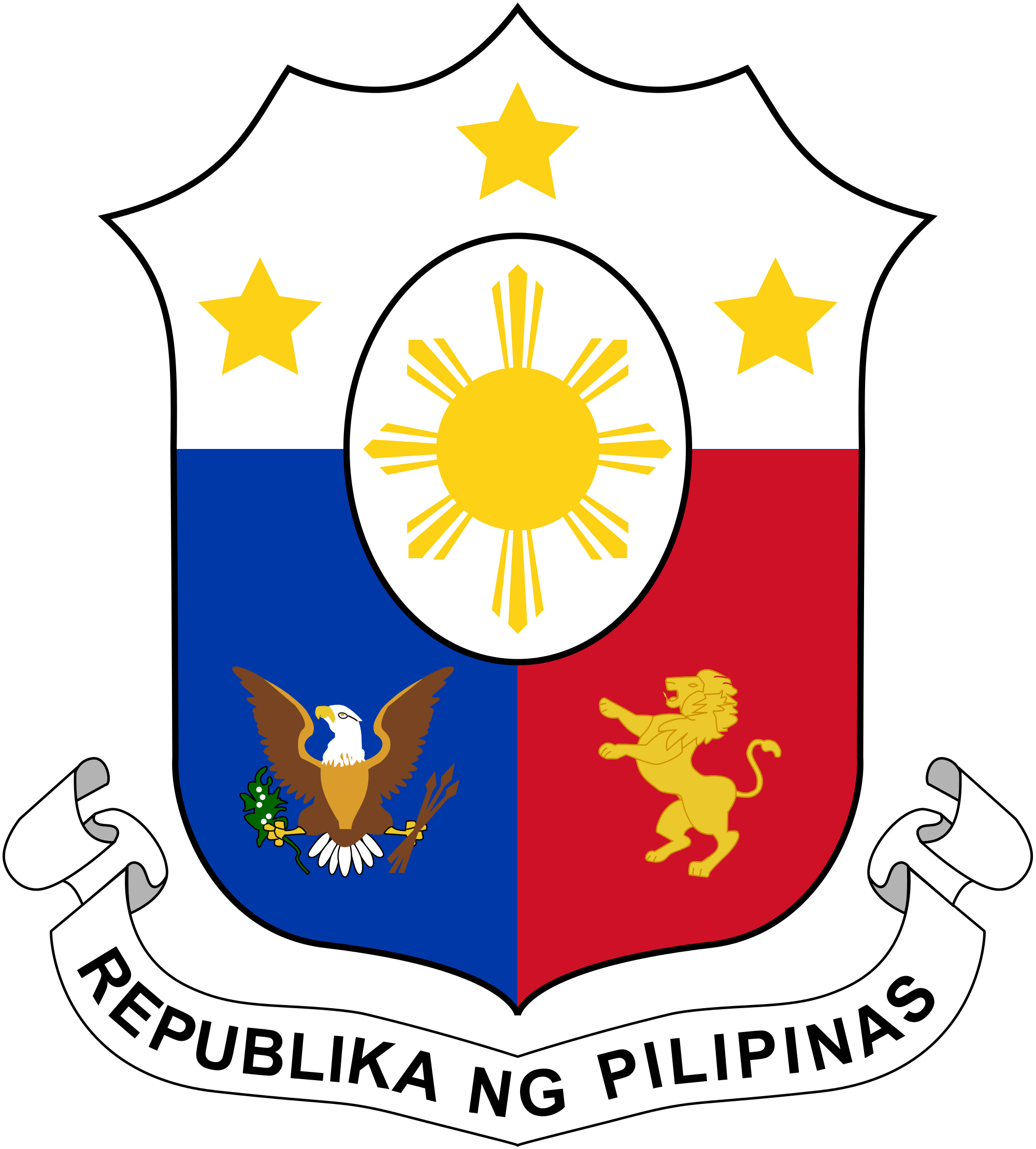
National Privacy Commission Position on FOI EO
The National Privacy Commission lauds the signing of the Executive Order on the Freedom of Information as an important step towards greater transparency and people’s participation in government. The right to information on matters of public concern is a fundamental right provided in the Constitution and the right to privacy must always be balanced with the right of the people to be provided information on matters that affect their lives. The Executive Order was well-written to observe these two fundamental rights.
Freedom of information is emphasized in both the Data Privacy Act (RA 10173), and its proposed Implementing Rules and Regulations. We affirm that the Data Privacy Act should not be used to restrict access to information that fall within matters of public concern. Primarily, the Data Privacy Act does not apply to government officers and employees relating to their functions and positions, personal data in relation to government contracts and discretionary benefits given by government.
A government official who abuses his position or takes undue advantage of his functions for personal benefit will not be able to use the Data Privacy Act to restrict access of the people to information.
The protection of privacy is emphasized in Section 7 of the FOI -EO. This is not intended to shield government officials. Rather, this is for the protection of any personal data that may be contained in government records that is not relevant to the freedom of information request, particularly when it affects private citizens.
For example, it is easy to imagine request of public records from Philhealth (Philippine Health Insurance Corporation) with regard to its operations including contracts it entered into, but this does not mean that names and diseases of patients should be disclosed or published to anyone requesting access. In the same way, an official or employee of the government with access to personal data does not have the right or the authority to disclose it to just anyone. By law, he or she is mandated to protect personal information from unauthorized access or breach in order to protect the privacy of its citizens.
As an added example, public officers and employees are required by law to respect the privacy of victims of violence against women and their children and records of these cases shall be confidential. Therefore, Section 7 should not be viewed as restricting the freedom information upheld by the Executive Order. It defined information and public records broadly, which would include all government records, even those containing personal data of citizens. Section 7 is a recognition of the responsibility of government to protect personal data under its custody, and gives due regard to the equally important right to privacy.
The Executive Order of President Rodrigo R. Duterte makes a public declaration and a commitment that Filipinos shall have access to information, official and public records, and documents being held by the government. The National Privacy Commission supports this declaration. If only to emphasize, the Data Privacy Act shall not be used to restrict access to information that fall within matters of public concern. Freedom of information is not incompatible with the right to privacy.
